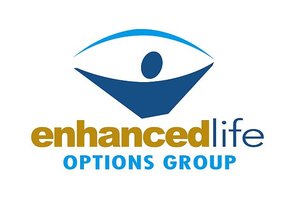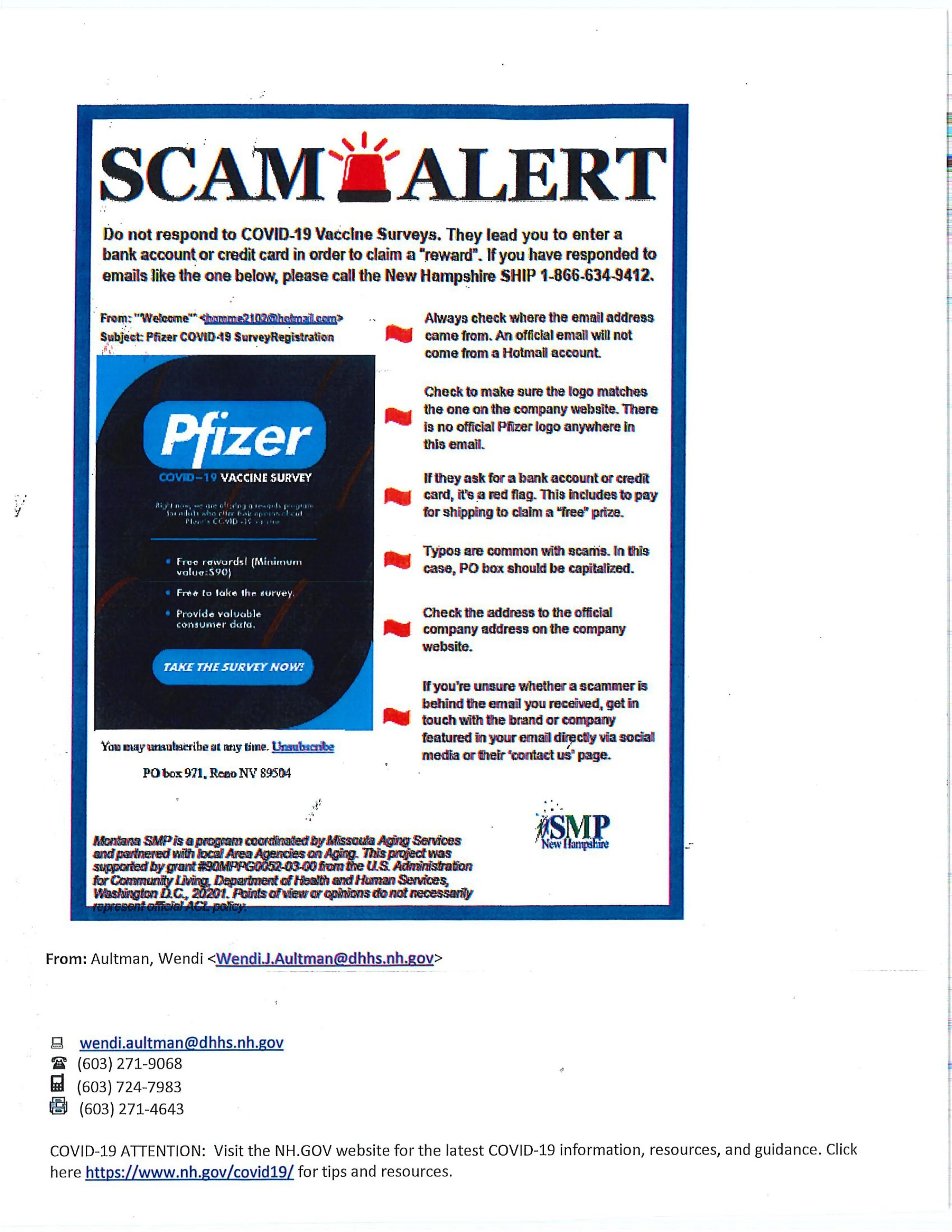Enhanced Life Options Group announces the appointment of two new board members. The staff and current board of Enhanced Life Options Group are happy to welcome the two new board members. By engaging new leaders, we can enhance the lives of people with disabilities and promote consulting, advocacy mentoring and trust related services for the disabilities community, including special needs trusts, supplemental needs trusts, pooled trusts and trusts for independent living.
New Members are: Lynn O’Connor, of Gilmanton, N.H., Administrative Assistant and Licensed Real Estate Agent at Weeks Commercial and Brittani Cornell, of Sanbornton, N.H., a public guardian for the Office of Public Guardian.
“Our Board of Directors is comprised of a dedicated team of community leaders and family members who are committed to enhancing the lives of people with disabilities,” said Nina Hamberger, Executive Director of Enhanced Life Options Group. “We are excited to channel Lynn and Brittani’s talent, expertise and energy into furthering our mission.”
The two new members join a seven-member board that oversees Enhanced Life Option Group’s finances, policies and practices, strategic planning and statewide outreach. Members of our group have been active in the disabilities community for many years. They include: Jeff R. Kellett, President, David Baldassara, Vice President, Susan M. King, Secretary, Grace Herbert, Treasurer, Charlene Mayo, Dave Qualey, John Parker and Nina Hamberger, Executive Director.
Enhanced Life Options Group is a non-profit organization committed to enhance the lives of people with disabilities. We serve all people with disabilities regardless of category of disability.
To Contact Enhanced Life Options Group:
3 Executive Park Drive, Suite 269
Bedford, NH 03110
603-472-2543
Email: nina@elonh.org
Web: www.elonh.org








